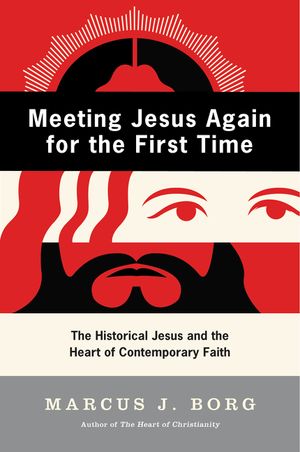Recently I evacuated my area when a hurricane threatened. It was a category 4 which eventually downgraded to category 2 before landfall and missed my area almost completely but devastated areas further up the coast. At my evacuation site before I knew its course, I was channel surfing for news when I came across the CBN--Christian Broadcasting Network-- and heard Pat Robertson say thanks to all the CBN prayers, the hurricane had already lessened to category 2. At that point the hurricane came ashore, wobbled, slowed, and dumped rain for hours, caused massive flooding and ultimately killed scores of people. I was so thankful for their prayers. If not for CBN it could have easily been another Puerto Rico! (I wonder if Robertson prayed for PR.)
Often I read posts attributing avoidance of natural catastrophes and miracles to divine mercy. Once I met a woman ecstatic because God had given her a car. People can see a divine purpose in finding a mall parking space. People see miraculous cures of illness and pray for such recoveries in special services. I think I have a better chance of finding a parking space than I have of moving a storm. Call me a cynic I guess. But it's enough to drive me to atheism, thank God (as a friend's father used to say before he was called to Glory).
Of course all religions claim divine intervention with prayer and miraculous cures. And I know others who send out "light" and "goodness" as interventions in life's struggles. And I recall a friend, an atheist, who was diagnosed with a terminal cancer. He then arranged all his affairs and papers with his very pessimistic viewpoint. But when he went to another medical center for specialized treatment he discovered his cancer had left, remitted. Of course this was without prayer or hope on his part. Just another expression of life as he saw it. But of course I can't say others were not praying for him. After all people do win the lottery. And one has a slightly better chance of winning if you buy a ticket (only very slightly)--after all someone may buy a ticket for you.
Certainly the unexpected and even the unimagined happens in life. Thank goodness! In fact all of life is unexpected and unimaginable. And maintaining a sense of wonder and gratitude seems warranted. Let's take a deep breath and enjoy it. And furthermore, when someone else suffers let's join them in empathy and loving kindness knowing we all suffer. It's not that God shines his mercy on us and not you. We're all one.
Often I read posts attributing avoidance of natural catastrophes and miracles to divine mercy. Once I met a woman ecstatic because God had given her a car. People can see a divine purpose in finding a mall parking space. People see miraculous cures of illness and pray for such recoveries in special services. I think I have a better chance of finding a parking space than I have of moving a storm. Call me a cynic I guess. But it's enough to drive me to atheism, thank God (as a friend's father used to say before he was called to Glory).
Of course all religions claim divine intervention with prayer and miraculous cures. And I know others who send out "light" and "goodness" as interventions in life's struggles. And I recall a friend, an atheist, who was diagnosed with a terminal cancer. He then arranged all his affairs and papers with his very pessimistic viewpoint. But when he went to another medical center for specialized treatment he discovered his cancer had left, remitted. Of course this was without prayer or hope on his part. Just another expression of life as he saw it. But of course I can't say others were not praying for him. After all people do win the lottery. And one has a slightly better chance of winning if you buy a ticket (only very slightly)--after all someone may buy a ticket for you.
Certainly the unexpected and even the unimagined happens in life. Thank goodness! In fact all of life is unexpected and unimaginable. And maintaining a sense of wonder and gratitude seems warranted. Let's take a deep breath and enjoy it. And furthermore, when someone else suffers let's join them in empathy and loving kindness knowing we all suffer. It's not that God shines his mercy on us and not you. We're all one.
